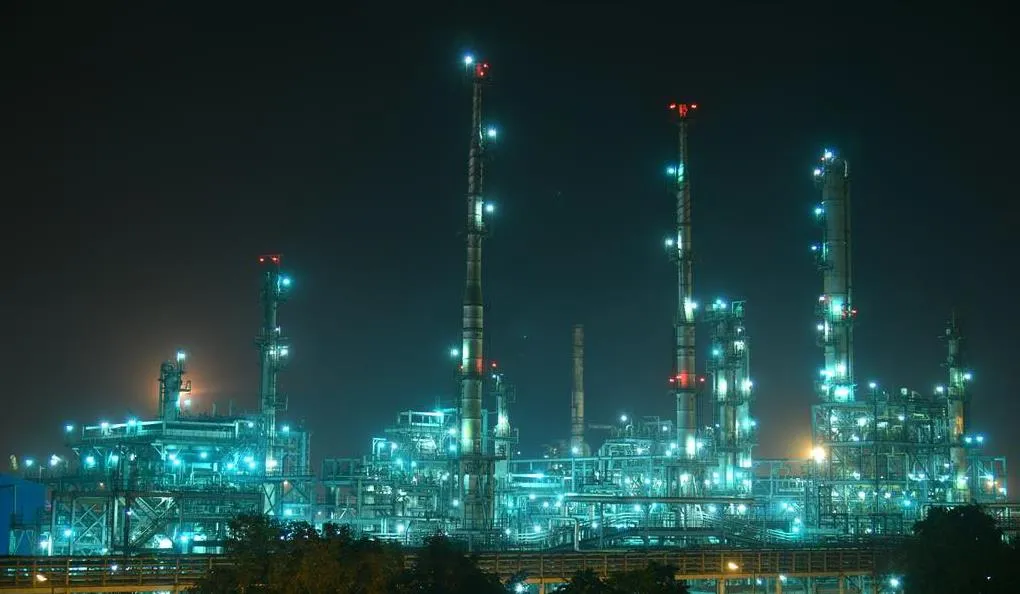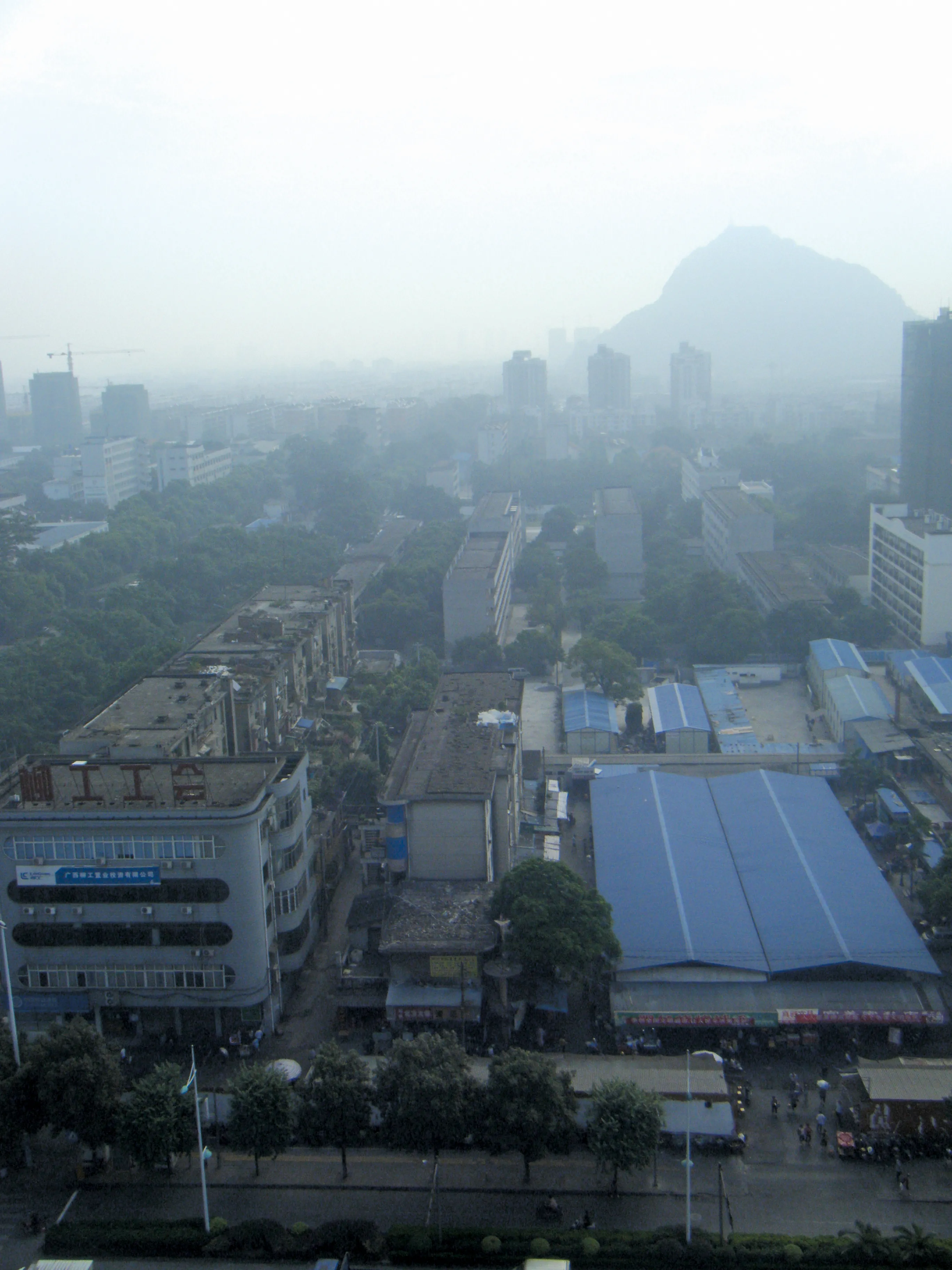
The Russian Government has also actioned a series of highway and road development works to boost transport, a major change from past years. In much of Asia, massive highway projects are being started, particularly in India, Indonesia, Vietnam and Malaysia.
Clearly, countries in the developing world have seen the importance of improving transport connections. However, in the western developed nations, progress is rather slower.
During 2018, a major increase was seen in the total distance travelled in the US by road. A steady improvement in the US economy has resulted in the country’s drivers clocking up a total of 5.16 trillion km during 2018. This represented an increase of 19.52 billion km over the previous year. The total distance driven on public roads and highways in the US during 2018 is the highest on record. This is also the fifth year in a row to top 4.8 trillion km travelled. It is abundantly evident that the demand for road use is there. But the US Government is still proving unable to develop a coherent strategy to repair and expand its transport infrastructure. Many individual US states have set their own fuel taxes or developed tolling strategies to improve transport infrastructure, but the lack of a US-wide plan is providing a brake on economic growth.
Nor can this be seen as a problem purely for the US. Many nations in the developed world also are showing a great deal of complacency over their transport infrastructure, with limited budgets for expansion or even maintenance.
The development of the US Interstate system commenced in 1956 and has proven crucial for the country’s economic development since. This lesson has clearly been learned in many countries, China, India and Indonesia being notable examples at present. What is of concern is that many developed nations seem to have forgotten this lesson and insufficient transport development work is being carried out.








